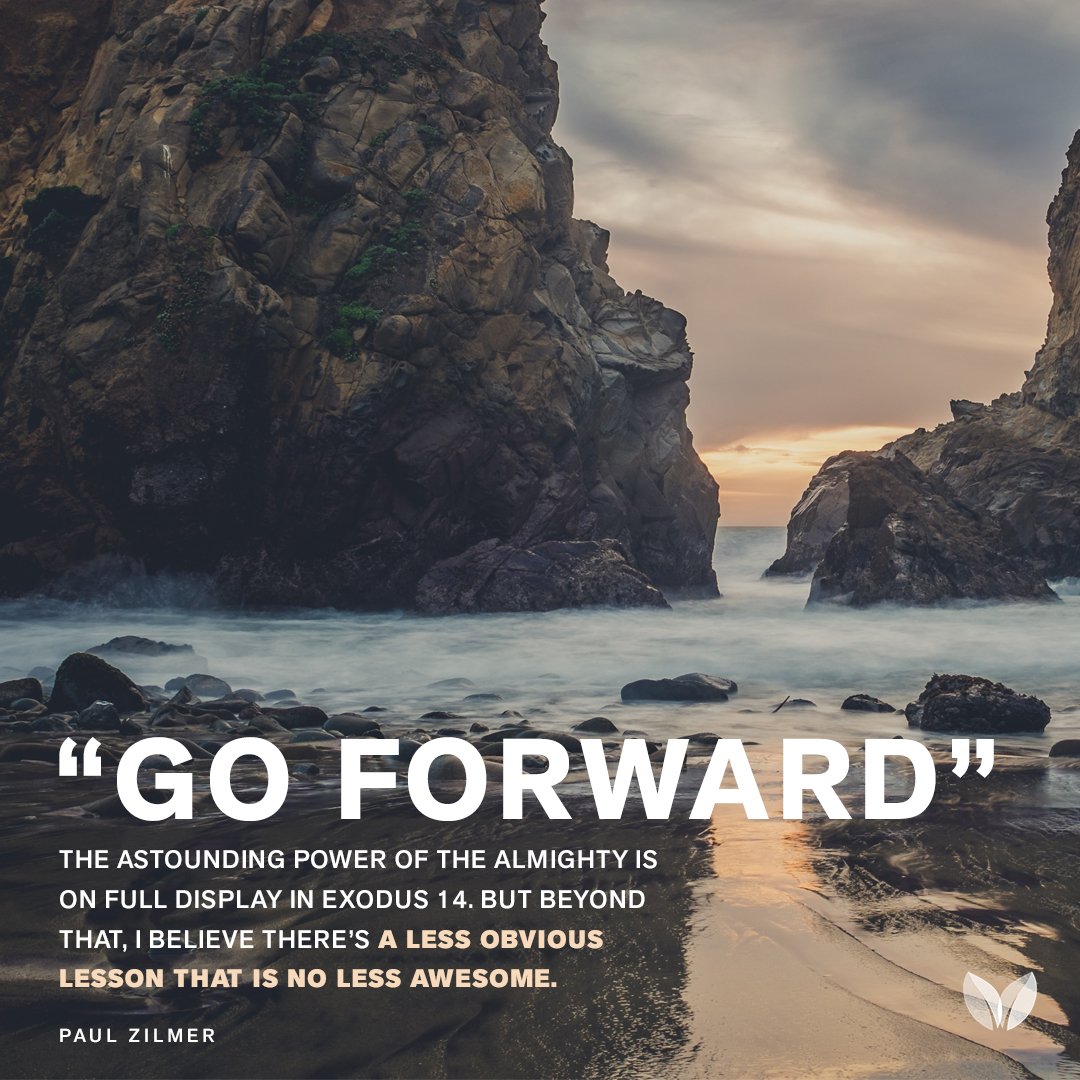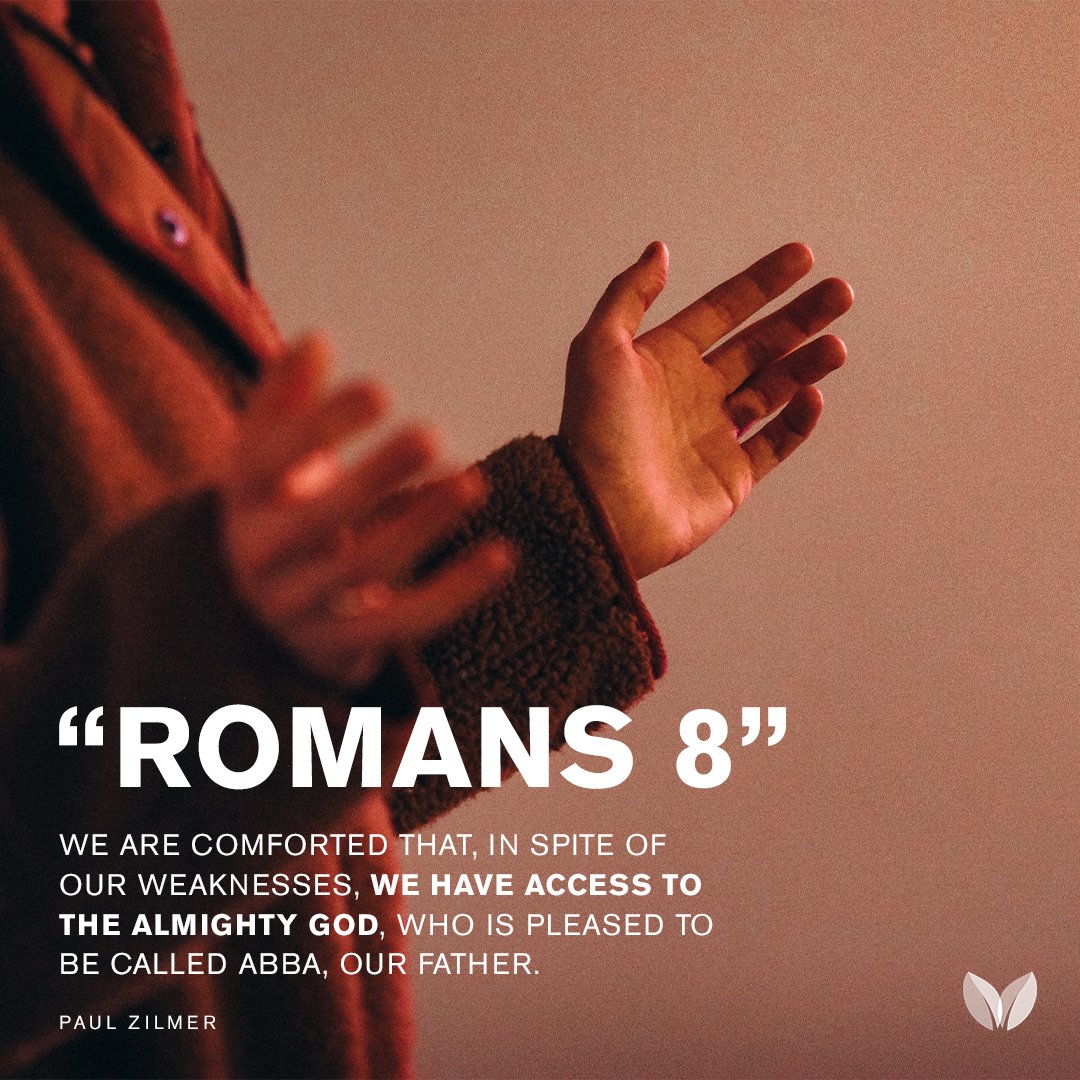WCF Blog

Nadab, Abihu and Aaron
Two related events are presented to us in Leviticus chapter 10. (Do I hear you saying, “Are you kidding me? Leviticus?” Well, just bear in mind that Jesus got his teaching, “Love your neighbor as yourself”—from Leviticus 19:18. Yes, it most certainly is a book we still need to pay attention to.)


Magnificent
“Magnificent” is a description we use sparingly. It is in some ways the ultimate superlative. We reserve it for the truly exceptional, the jaw-droppingly beautiful, the majestic, the almost-too-grand-for-words.

Go forward
We’ve all read the account of the exodus from Egypt, right? The dramatic crossing of the Red Sea is recorded in Exodus chapter 14—if you haven’t read it in a while, take a minute right now and read it again. A multitude of lessons are presented here, lessons for the youngest Sunday School student up to the most experienced scholar. The astounding power of the Almighty is on full display. But beyond that, I believe there’s a less obvious lesson that is no less awesome.


Touch
There are a couple dozen mentions of Jesus touching people when he healed them. The healing Jesus did was personal, one-on-one. There are only two cases I can come up with of Jesus healing someone long distance: The centurion whose beloved servant was deathly ill recognized that Jesus could heal with a word (Luke 7:1-10). The Canaanite woman whose daughter was ill went to Jesus asking for healing but didn’t bring her daughter, clearly believing Jesus could heal from any distance (Matthew 15:22-28). Both Gentiles, and both highly praised by Jesus for their exceptional faith.

Dance
I grew up in a worship culture that emphasizes the solemnity of coming before the Almighty, including in our prayer and singing. This culture was shaped over centuries by the traditions of Catholicism, and then the traditions of Calvinist Protestantism, further polished in the British culture, and transported to North America where I am.

Saying I love you
You may be familiar with the book “The Five Love Languages” by Gary Chapman. The concepts in the book have been a great help to many couples. The basic idea is that each of us has one or maybe two primary ways of expressing love—but if the person we’re expressing love to has a different primary “language”, they may not understand that we’re saying “I love you”. Misunderstandings arise and relationships are hurt when people actually love each other, but are speaking different “languages”.

Mouthing off
The great collection of wisdom that we call the Book of Proverbs has a LOT to say about what we do with our mouths. This book isn't alone, of course-James, for example, talks about it extensively in his letter. Really, we find teaching all over the Bible, about what we say and how we say it. It's especially prominent in the Proverbs, though. Just to touch on a small fraction of what we find there, some things we might want to take to heart:

New Year
Where I live, today is designated as the first day of a new year. Lots of talk about closing out one year and having a fresh start in a new one. People talking about resolving to make life changes. But you know, it's just an arbitrary designation. There's no cosmic or seasonal rationale for the day. Some cultures put the beginning of a new year in the springtime, which arguably makes much more sense.


Support
The second letter of Paul to Timothy is his final letter, at least the last one preserved for us. Paul is in prison in Rome for the second time, and this time he knows he will be convicted and executed. (2 Timothy 1:12, 2:9, 4:6-8) He has been abandoned by most of his helpers, and even actively opposed by some who ought to have been supporting him. (1:15, 4:10-16) The only one left lending him support is Luke.

Goodness and severity
The title, as you may have recognized, comes from Romans 11:22. Many versions read, "Note then the goodness and severity of God..." Other versions have "kindness and severity", or "kindness and harshness", or words to the same effect.

Tax collectors
In the gospels, we frequently come across references to “publicans”, if we read the King James Version. Many in North America may miss something that’s obvious to those in Britain. What is a publican? It’s the owner/operator of a public house, a pub.

This is the day
It’s a nice day today, where I am. It’s one of those days that brings to mind Psalm 118:24 – “This is the day that the LORD has made; let us rejoice and be glad in it.”

Awake
She opens her eyes to an intensity of light, which in spite of its brightness seems just delightful. At first she doesn't know if she is standing or lying down. A feeling of weightlessness resolves into concrete reality. She looks around herself, and out of the brightness other figures are resolving. They are people, and like her they are looking around in wonder. There are so many!


Reconciliation
None of the four accounts of Jesus's last 24 hours gives us the complete picture. We have to do some assembly, and even then we find there are some gaps and some details that take a bit of work to reconcile. Why make it hard? Well, maybe to make us think through, think beyond.

Persistent
In Luke 18:1-8 we read Jesus’s parable of the unjust judge, or some call it the parable of the persistent widow. The judge, we’re told, has no regard for either God or human beings. The widow keeps coming to him with her claim and demand for justice, so much so that she eventually wears down the judge, who doesn’t really care and would rather not be bothered.

Evil Eye
What does this mean? "Your eye is the lamp of your body. When your eye is healthy, your whole body is full of light. But when it's evil, your body is full of darkness." (Luke 11:34 ISV) It isn't immediately clear what Jesus's point is. We'll leave the "body full of light" part for some other time. Right now let's just think about the "evil eye".

